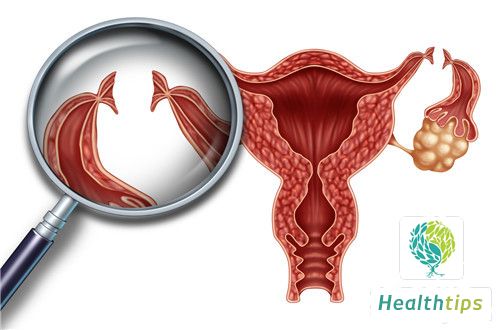"How Can I Alleviate Breast Hyperplasia?"
Breast Hyperplasia
Breast hyperplasia poses a significant health hazard to women. It is essential to maintain healthy habits in daily life, including regular exercise to promote blood circulation, adhering to a low-sugar and low-fat diet, and avoiding hormone-containing medications, health products, and beauty products. Furthermore, establishing a regular sleep schedule, refraining from staying up late, and ensuring sufficient rest are crucial for maintaining immune system function. Preventive measures should be taken seriously.

How to Alleviate Breast Hyperplasia?
Let's explore the options: Firstly, traditional Chinese medicine can be utilized in the treatment of breast hyperplasia, with regular follow-up examinations recommended. Western medications should be used cautiously due to their potential side effects. Secondly, psychological therapy plays a vital role in relieving stress and anxiety related to work and daily life, thereby helping to alleviate symptoms. Cultivating a positive and relaxed mindset is crucial for overall well-being.
Breast hyperplasia is the most prevalent breast disease among women, topping the list of breast diseases in terms of incidence rate. In recent years, the incidence rate has been rising annually, and the age of onset has been decreasing. Surveys indicate that approximately 70% to 80% of women experience varying degrees of breast hyperplasia, with the majority occurring in women aged 25 to 45.
To prevent breast hyperplasia, fostering healthy habits is paramount. This includes adopting a low-sugar and low-fat diet and engaging in regular exercise. Additionally, it is advisable to steer clear of hormone-containing medications, health products, and beauty products. Regular breast examinations are imperative for early detection and intervention. Should breast pain arise, prompt medical attention and relevant examinations are essential. Upon diagnosis, actively cooperating with treatment is crucial for effective management.
Daily care encompasses maintaining a regular lifestyle that balances work and rest. Harmony in sexual relationships and ensuring smooth bowel movements can alleviate breast discomfort. Regular exercise also aids in preventing obesity.
Dietary adjustments are key in managing breast hyperplasia. Reducing intake of fried foods, animal fats, sweet foods, and excessive supplements is recommended. Instead, emphasize consuming abundant fruits, vegetables, and whole grains. Foods such as walnuts, black sesame seeds, black fungus, and mushrooms are also beneficial.



















